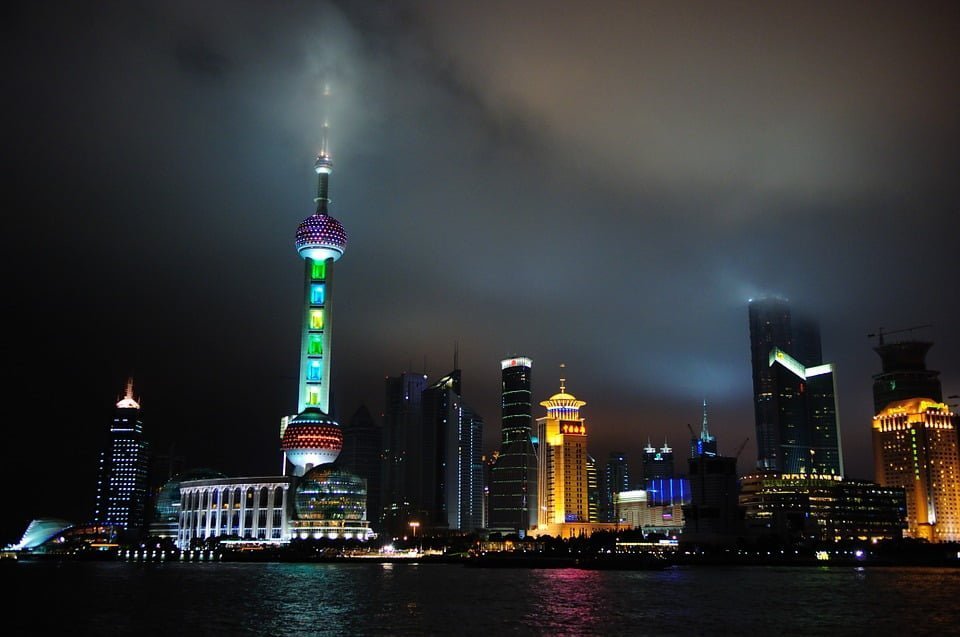The Chinese wine market is growing at a rapid pace, with demands for imported wines increasing every year. And Shanghai leads this trend as one of the largest and most prominent importers of wines.
With such a huge market for wine, it is little wonder that the domestic wine-making industry has also seen a big growth. China now boasts of more land dedicated to vineyards than France, the world’s top winemaker. Winemaking has seen big strides in China, particularly in Shanghai, in recent years.
Why Shanghai Is Emerging as a Wine Connoisseur’s Destination:
Shanghai’s Wine Scene:
The Decanter Shanghai Fine Wine Encounter, held in November 2016, was a prestigious event where wine makers and wine enthusiasts convened to talk about and experience fine wine. It was an example of how much of a cultural and social change has taken place in Shanghai, with regards to wine consumption.
Shanghai has been the centre for all things wine-related in China. From wine tastings and tours to annual wine oriented events, Shanghai has been a pioneer in pushing the Chinese wine market to a global level, both in terms of quality and quantity.
Domestic Wine Market:
Wine makers have been scrambling to meet the ever-increasing needs of a constantly growing domestic wine market. China’s interest and expertise in wine became a global sensation when, in 2016, a team of young Chinese wine tasters won a blind wine-tasting competition in France.

They competed against teams from around the world, including the home French team and won. The challenge was to identify the wines without seeing the bottle or the label, a task that is considered difficult even for the most experienced wine tasters.
China’s surprising win put it on the spotlight, with international winemakers taking a keen interest in the emerging market for wine in China. If you’re interested in sampling some of China’s best domestic wines, then a trip to Shanghai is definitely in the cards.
Selective restaurants in Shanghai serve those domestic wines, with the most popular domestic wine being Kanaan (also the most widely distributed), which piled up many awards in 2015. If you are not a wine snob, but rather, someone who’s genuinely interested in trying out new wines from a promising market, then Shanghai offers you endless delights.
You should know that Wine in Shanghai is not just limited to domestic wines. There is a huge market for international wines as well. French, Italian and Australian wines do particularly well in the Chinese market.
Promising Trends:
With more and more global exposure and access to international wines, local wine enthusiasts are developing a much more refined palate when it comes to wines. It is not all about fruity flavours and bold tones, more and more locals are beginning to appreciate the subtle nuances of different wines and what makes them unique.
While the US is presently the biggest consumer of wine, it is estimated that Chine will soon surpass it as the world’s largest consumer of wine. It is worth noting that French winemakers, Chateau Lafite and Moet-Chandon have invested in vineyards in China, with a view to tapping into the growing Chinese wine market.
While China has a long way to go in terms of its quality of the wine (most domestic wines are not very refined or complex in their flavours), some vineyards such as those in the Ningxia, Shandong, and Gansu regions are producing good quality wines that can hold their own against international brands.
For wine collectors and avid wine drinkers, Shanghai is the place to be if they don’t want to miss out on all the action. China has a huge online market for wines, with an estimated 50% of wine sales occurring online.
Another interesting trend to be noted is that, while China is investing in more land to meet the local demand for wine, countries like France and Italy have been shutting down some of their vineyards. If these trends continue, China could emerge as the largest producer, consumer, and importer of wine in the world at some point in the future.
Wine in Shanghai is all about celebrating China’s relatively new-found love of fine wines, both by importing international wines and by encouraging the domestic winemakers to push the boundaries and aim for excellence with their wines.
It might take a while, it might not be an easy feat, but there is a very real possibility that, with perseverance and striving for continuous improvement, the world will sit up and take notice of China’s domestic wines one day.
Read More:




























